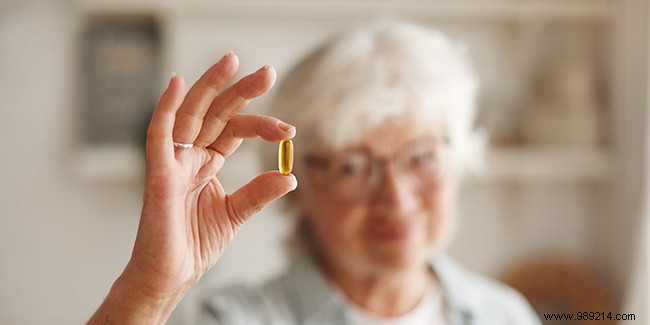
Why does aging instill such deep fear? This anxiety dates back to humanity's origins—our awareness of mortality sets us apart from animals. It has fueled countless myths, from the alchemist's philosopher's stone promising eternal life to modern transhumanists envisioning immortal consciousness uploaded beyond the body. Figures like Elizabeth Báthory, with her infamous blood baths, highlight how this dread sparks extreme pursuits.
Throughout history, opportunists have marketed youth elixirs. Today, savvy scientists and labs replace those charlatans, though profit motives persist—a true anti-aging breakthrough would be a goldmine. DHEA (dehydroepiandrosterone), an anabolic steroid hormone, has recently grabbed headlines for its supposed anti-aging powers. As experts reviewing decades of research, we'll break down the science: what it is, its claims, and the evidence.
DHEA is a naturally occurring hormone produced by the adrenal glands in both men and women. It serves as a precursor to key sex hormones—testosterone and estrogen—earning it classification as an androgen, though weaker than testosterone. Current research indicates this is its primary role; no other major physiological functions are confirmed.
Since the 1990s, DHEA has been sold as a supplement derived from soy or yams to combat aging's toll. It's also prescribed for mild lupus, an autoimmune condition mimicking age-related symptoms like hair loss, joint pain, and fatigue. Here, evidence shows it balances immunity, offering a cortisone alternative with fewer side effects. Athletes know it for anabolic muscle-building effects, landing it on doping lists. But does it truly reverse aging?
DHEA peaks in the blood around age 20, after surging pre-puberty, then drops sharply—by 60, levels are just 10-20% of youthful peaks. Low DHEA correlates with age-related issues like osteoporosis, atherosclerosis, and libido decline. This led 1990s marketers to brand it a 'well-being booster' for seniors, with early studies reporting subjective well-being gains. Proponents clarified it promotes healthy aging, not literal youth restoration—but ads often exaggerated it as a miracle.
Claims include improved skin, bone density, and libido. Early hype relied on supportive studies, but 2000s research tempered enthusiasm. Proven benefits are narrow: modest skin and libido improvements, plus slowed bone loss, mainly in women over 70. Younger women and men show no reliable effects. Some trials note slight bone density gains across groups, but nothing transformative.
Side effects temper its appeal: fatigue, stomach issues, hypertension, even diabetes risks. Androgenic traits can cause acne, excess hair growth, or deepened voice in women—echoing puberty. It's contraindicated for hormone-sensitive cancers (breast, ovarian, uterine, testicular, prostate), family histories thereof, pregnancy, breastfeeding, children, or alongside menopause hormone therapy due to overdose risks.
In France, DHEA requires prescription—neither fully banned nor approved—and status quo persists amid post-2000s disappointments. Don't expect over-the-counter access for anti-aging. Our cultural shift views aging as optimizable, but proven strategies like exercise and balanced nutrition outperform supplements. Consult a doctor before trying DHEA.